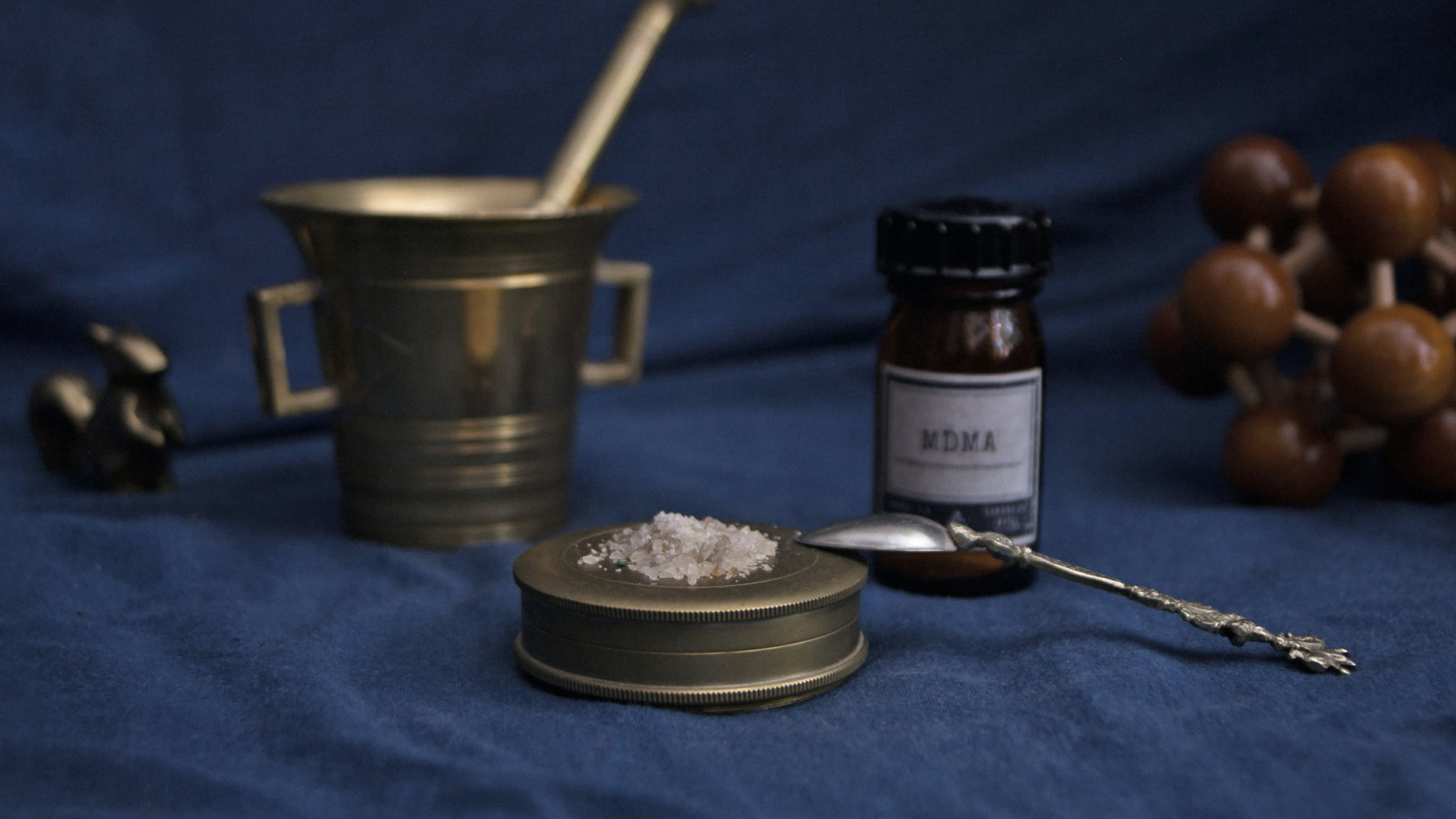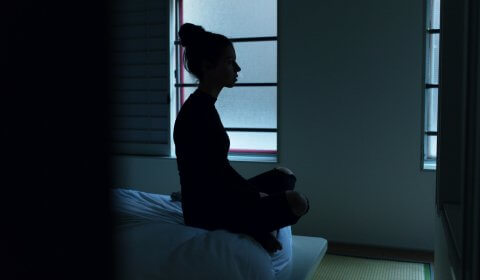New research shows that 1 in 3 young people have used drugs in the past 12 months. So why can’t we talk about it?
Since the pandemic, the number of young people using drugs has spiked. According to The Mix, an organisation providing ‘essential support for under 25s’, 1 in 5 substance users now take drugs or alcohol to escape problems in their life.
Official figures show that drug-related deaths have risen across the UK, reaching a peak in 2021 with 4,859 drug related deaths (that’s a 6.2% increase since 2020).
Still, drug use remains a taboo topic in our society, which prevents young people from seeking help when they really need it.
Despite efforts to destigmatise mental health over the past few years, many still find it hard to express their struggles and turn to substance abuse as an alternative escape.
Vice spoke to a group of 20-somethings who are using drugs for personal respite, which sets them apart from the influx of young people simply enjoying the post-pandemic club and party scene.
‘I can’t really control my emotions so sometimes when I’m angry or sad I just feel the need to do something to numb it for a while’, said Sasha, who – at the age of 20 – uses ketamine regularly.
This emotional motivation for taking drugs quickly develops into a dependency. ‘I feel like I need [drugs] during the week to help me feel sane. There have even been times when I’ve done it at work’, Sasha told Vice.
Alongside drugs, the use of cigarettes and vapes has also shot up in under 25s. 1 in 3 (29%) people admit to smoking tobacco or cigarettes, marking a 7% increase since 2021.
1 in 2 (51%) of 25-year-olds have consumed alcohol in the past month, and 2 in 3 (64%) have had a drink in the past year.
But this is a sharp drop from 74.6% in 2021, which could be a sign that young people are turning to other addictive substances like drugs and cigarettes in place of alcohol.
Around 2.6million young people have used a category A, B, or C drug in the past year. An alarming number of these drug users are turning to substances to help cope with mental health issues or emotional distress.
Drug use only makes these problems worse, and forms habits that are difficult to break.



















